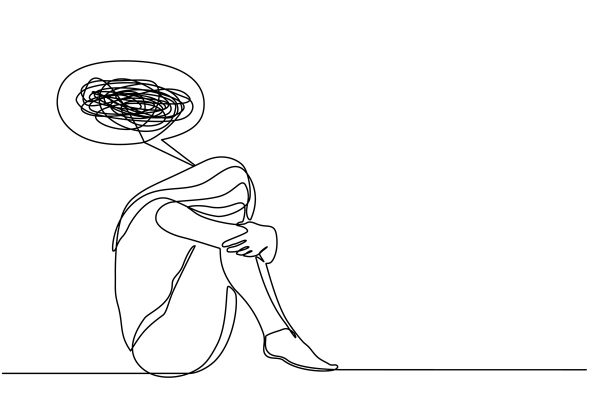The case for shorter workdays
Working too many hours in a day is detrimental to health and productivity
Streich is a junior journalism major and staff writer for The Spectator. Streich can be reached at [email protected] or @RachelStreich17.
April 16, 2014
Americans tend to be hard workers. We have high stress levels and experts to prove it.
An average full-time employee in the U.S. works 8.8 hours a day, according to the U.S. Bureau of Labor Statistics. A “typical” student spends at least three to four hours a day studying, along with the added time constraints of work and extracurricular activities, Audrey Robinson, director of the Academic Skills Center estimates.
But working so many hours in a day can have serious consequences. Alternatives to the long work day could help show it’s not the best option.
A recent article in The Atlantic reports a year-long study in Gothenburg, Sweden will compare groups of people working six hours a day to those working eight hours a day. The hope for the experiment is to improve the health and well-being of employees by working fewer hours.
Students could benefit from working fewer hours in a day, as they are especially vulnerable to the negative effects of a busy schedule. When our planners are full and they don’t allow for time to rest, it becomes easier to get sick.
Gina Wagner is a junior biology major and pre-dental student who is on campus either at class or studying from 8 a.m. to 11 p.m. She works eight and a half hours a week and is involved in four student organizations.
Wagner said it’s easy to get the cold or the flu when she is busy. A recent walk home in the rain after a night of studying in the library has given her a touch of the cold once again.
Even finding time to eat meals can be difficult, she said.
Wagner said vending machines have become her friends. When she doesn’t have time to make a meal or wait in line somewhere, the fastest option is not always the healthiest.
On a quick interview during Wagner’s small amount of free time, which consisted of a walk to the library, she said her 17-credit semester taught her to use her time well.
“I have trained myself to be a very good crammer,” she said.
On the same note, another foreseeable benefit to the six-hour work day in Sweden is an increase in productivity.
Psychological studies have shown people work harder if you limit their time to complete a certain task, as The Atlantic stated while citing a 2012 article by Charles Kenny in The Foreigner.
As the amount of tasks in a day build up, students must develop the survival technique of being diligent in the short amount of time they have to complete assignments. This could pay off in the future if they are working fewer hours in a day.
Until then, students’ lack of spare time affects their ability to maintain healthy social lives as well.
Wagner said going home on the weekends is rarely an option due to tests early in the week. Time for friends also dwindles.
While options for students to work and study fewer hours in a day will not change any time soon, the well-being of many Americans with monstrous workloads would be improved if we considered shorter work days.










